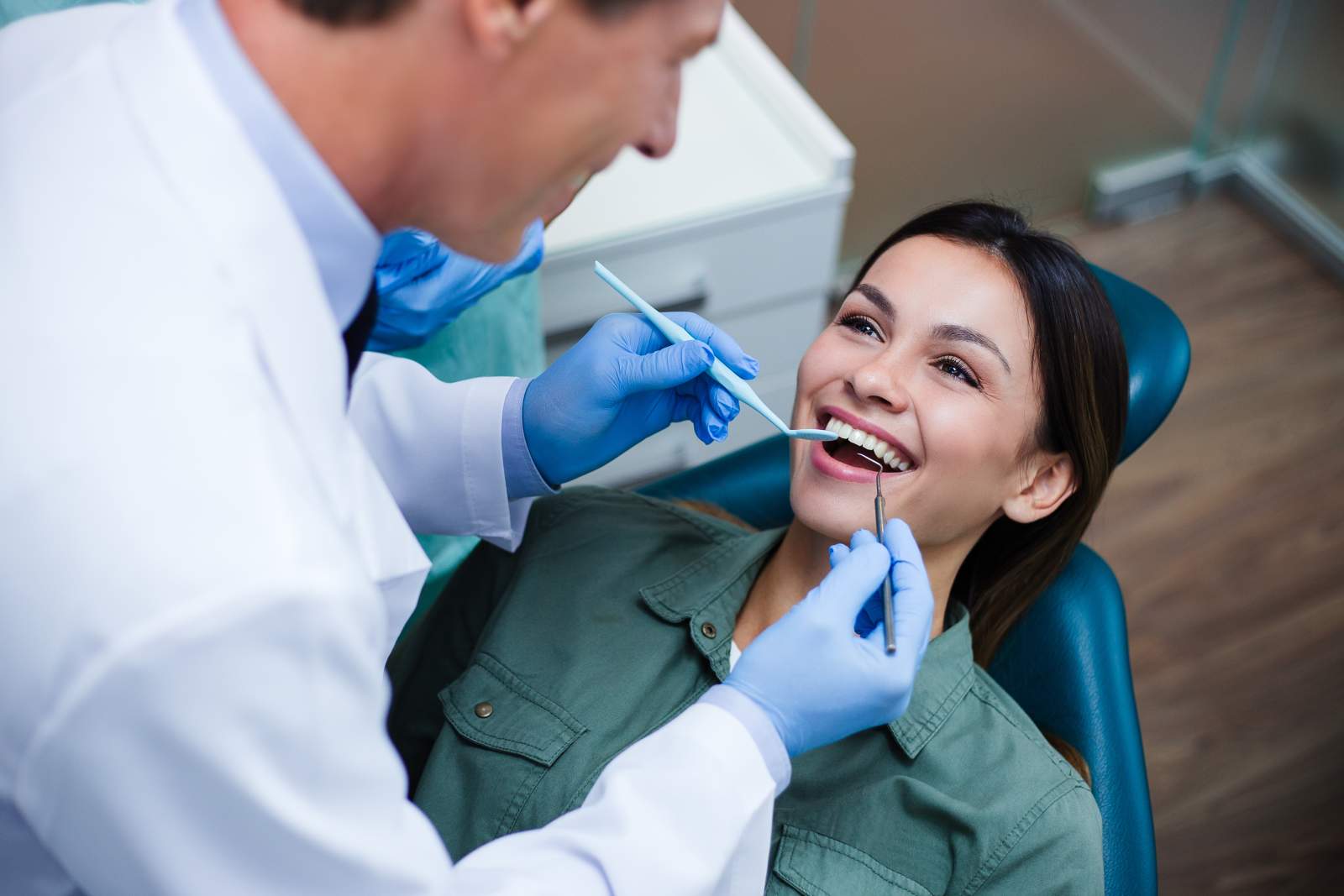Common Dental Emergencies
Common dental emergencies can often be circumvented with a clear understanding of their causes and adopting preventive measures. The primary reasons for dental emergencies are inadequate oral hygiene, physical trauma, and biting hard objects. If not addressed promptly, these situations may necessitate immediate emergency dental care to avoid escalating the problem.
It is vital to remember that dental emergencies can occur unexpectedly, making regular dental check-ups essential for detecting potential issues in their early stages. If any pain or discomfort presents itself post-injury or from unexplained sources, a prompt visit to your dentist for a thorough examination and suitable treatment is crucial. Gaining knowledge about common dental emergencies is a critical step in preventing them.
Causes of Dental Emergencies
Without a doubt, gaining a complete understanding of the elements that result in urgent oral health scenarios can have a significant impact on their prevention.
Lack of proper oral hygiene is a fundamental cause that can trigger numerous dental emergencies like severe toothache, abscesses, or infections. Regular habits like brushing, flossing, and frequent check-ups can keep these problems at bay.
Another significant cause of dental emergencies is trauma or accidents. Using mouthguards during sports activities and refraining from hard foods can help in preventing sudden injuries. Small dental issues, if overlooked, often grow into larger problems that necessitate emergency intervention.
It is clear then, that preventing dental emergencies primarily involves maintaining good oral hygiene and taking measures to prevent injuries. Comprehending these causes is vital in developing improved strategies to mitigate dental emergencies.
Tips to Avoid Dental Emergencies
Approaches to sidestep immediate oral health crises cover a vast range, from strict dental hygiene maintenance to mindful eating habits. Understanding the triggers of dental emergencies becomes critical to halting such occurrences.
| Tips for Dodging Dental Emergencies | How it Functions | Prevents What Dental Emergency |
| Regular Dental Visits | Detects early indications of oral problems | Tooth Decay, Gum Diseases |
| Proper Oral Hygiene Habits | Eliminates food remnants and plaque | Cavities, Bad Breath |
| Use of Mouthguards in sports events | Shields teeth from impacts and hits | Tooth Loss, Cracked Teeth |
| Conscious Eating Habits | Reduces harm caused by damaging substances | Staining, Erosion |
| Usage of Dentist-recommended items | Guarantees effective and safe cleaning | Sensitivity, Enamel Wear |
Avoiding dental emergencies efficiently demands a commitment to executing these hints.
Handling Dental Emergencies
Managing dental emergencies necessitates a blend of immediate home-based actions and swift professional help. When dealing with urgent oral health situations, comprehending the seriousness and administering suitable initial aid measures while scheduling emergency dental assistance is vital.
- Rinsing promptly with warm salt water can alleviate many dental injuries.
- Applying a cold compress to the facial area close to the discomfort zone can aid in reducing swelling.
- Over-the-counter painkillers could offer short-term relief but should never be a substitute for promptly seeing an emergency dentist.
Acknowledging the necessity for prompt professional help enhances the probability of successful treatment. Emergency dental procedures can mitigate further issues, such as infections or irreversible tooth loss, hence ensuring the longevity of oral health.



